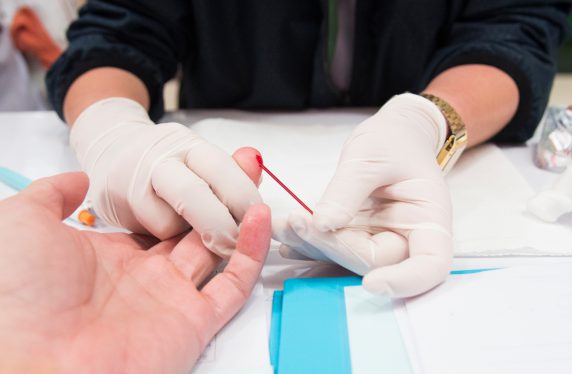One-off training not enough to prompt GPs to offer more HIV tests

GPs need more training and better support to increase rates of HIV testing, according to researchers.
One-off training sessions are not enough to encourage GPs to offer more HIV tests and instead additional strategies, such as computer prompts, may be required, said the researchers, from the University of Bristol.
Researchers looked at the impact of a one-hour training workshop on HIV testing, delivered in 19 different general practices by a sexual health doctor. The session included case studies and discussion on improving HIV testing rates in the practice.
In an initial quantitative evaluation, researchers found there was an increase of just under 2% in the number of HIV tests ordered by practices in the six months after the training. This was, however, similar to the increase seen in control practices, which did not receive the training, and likely just a general trend rather than attributable to the intervention.
They found during qualitative interviews that although doctors perceived the training positively, the fact it was a one-off session made it difficult to remember the key messages.
GPs also said the training lacked focus on clinical skills and didn’t address barriers to testing, such as time constraints.
They suggested more case-studies and role-playing would lead to higher rates of testing – but that the learning also needed to be reinforced in other ways, such as having follow-up sessions and introducing computer prompts to offer testing.
Dr Jo Kesten, lead author and senior research associate at the NIHR’s Health Protection Research Unit at the University of Bristol, said: ‘Increasing the uptake of HIV testing across healthcare settings and reducing the stigma surrounding HIV testing is a major priority.
‘A single educational workshop on HIV testing, although experienced positively, is likely to require repetition and support from additional measures to help encourage increased HIV testing rates.
‘Our research highlights several continued barriers to testing suggesting that more support is needed to increase clinicians’ motivation and opportunity for HIV testing in primary care.’
Visit Pulse Reference for details on 140 symptoms, including easily searchable symptoms and categories, offering you a free platform to check symptoms and receive potential diagnoses during consultations.











